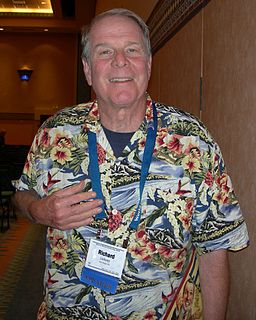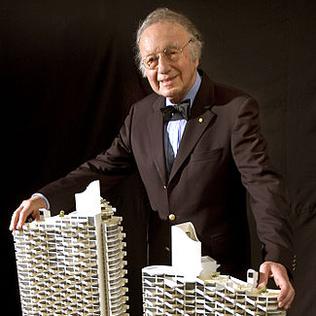A Quote by Stephen Greenblatt
One of my favorite writers is Michel de Montaigne. My wife gave me a beautiful 17th-century edition of Montaigne's essays translated by John Florio. That's probably my most precious possession.
Related Quotes
The most offensive egotist is he that fears to say "I" and "me." "It will probably rain" - that is dogmatic. "I think it will rain" - that is natural and modest. Montaigne is the most delightful of essayists because so great is his humility that he does not think it important that we see not Montaigne. He so forgets himself that he employs no artifice to make us forget him.
Long before the idea of a writer's conference was a glimmer in anyone's eye, writers learned by reading the work of their predecessors. They studied meter with Ovid, plot construction with Homer, comedy with Aristophanes; they honed their prose style by absorbing the lucid sentences of Montaigne and Samuel Johnson.



































